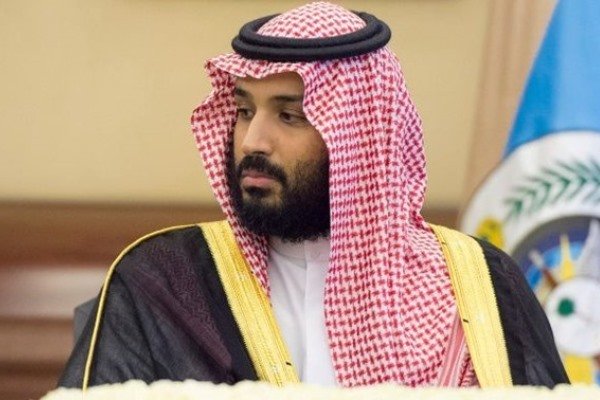Saudi-led blockade on Qatar falling apart

TEHRAN - Senegal reinstated its ambassador to Qatar in August 2017 in a bid to encourage the resolution of a dispute between Saudi Arabia and its allies against Doha. Recently, Qatar and Chad signed a MoU (memorandum of understanding) resuming diplomatic relations that had been severed for seven months.
In June of 2017, Saudi Arabia along with Bahrain, Egypt and the United Arab Emirates (UAE) abruptly cut off diplomatic relations with Qatar. The severing of relations also included withdrawing ambassadors and imposing trade and travel bans on Doha.
Senegal recalled its ambassador in June 2017 along with other African countries such as Chad, Niger and Mauritania in an expression of solidarity with Saudi Arabia.
Now, following in Senegal’s footsteps, another African country, Chad, has resumed relations with Doha, a move that will broaden the gap even further in the Saudi-led blockade against Qatar.
The restoration of diplomatic ties between Doha and N'Djamena is considered a “diplomatic triumph” as it proves that negotiation and diplomacy can resolve disputes among nations and sets a model for other countries to take the same path.
It appears that the Saudi-led blockade on Qatar is falling apart and the countries involved in the siege are leaving the alliance one after the other to mend ties with Doha.
Two weeks ago the President of Sudan sent a letter to Qatar’s Emir but the contents of the message weren’t disclosed.
Then, on February 28, the Sudanese president Omer Hassan Al-Bashir received a letter from Qatar's Emir Hamad bin Khalifa al-Thani. The message, which also was not revealed, appeared to urge to bilateral ties and ways of developing and enhancing relations between Sudan and Qatar.
Prior to the exchange of letters, Sudan had expressed a willingness to walk out of the Saudi-led blocked of Qatar.
On March 3, the blockading countries issued a joint statement claiming that the Persian Gulf crisis is a "small" problem that needs to be resolved locally by the mediation of Kuwait and Qatar.
The United States, which sees the disagreements among the Persian Gulf Arab states a threat to its interests, is struggling to resolve the crisis, too. To that end, the US has set a meeting in May at Camp David between the Persian Gulf Arab states and Qatar.
The Emir of Qatar, Sheikh Tamim bin Hamad al-Thani, Crown Prince Mohammed bin Salman, and Crown Prince of Abu Dhabi Mohammed Bin Zayed will be traveling to the US for talks.
Earlier, US Secretary of State Rex Tillerson had stated that the negative consequences of the Persian Gulf crisis weren’t only limited to the Arab countries, but it would have its ripple effect on the US as well.
To wrap up, the Arab states that entered the Saudi-led blockade against Qatar, are turning their back on Riyadh and prioritizing their national interests in restoring relations with Doha.
This will ultimately boost Doha's power among the Persian Gulf Arab states, and we may soon see Egypt, the UAE or even Bahrain join the move.
Leave a Comment